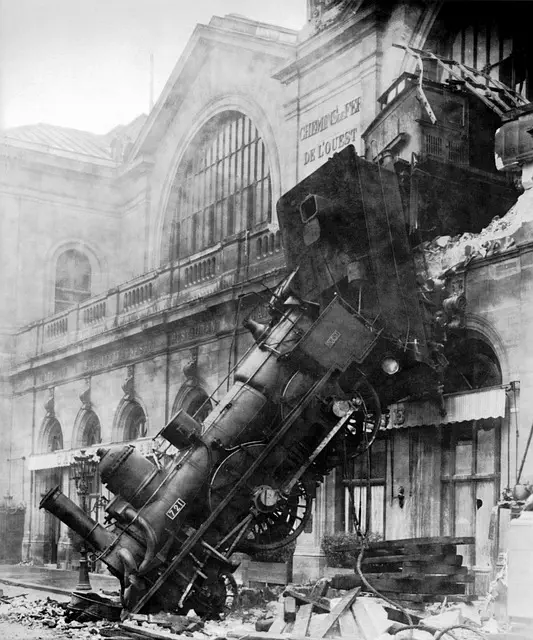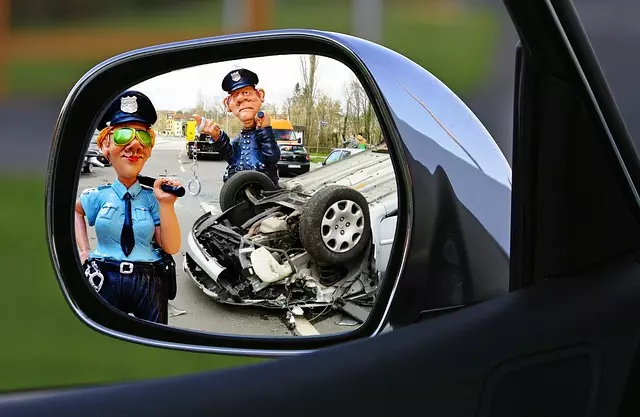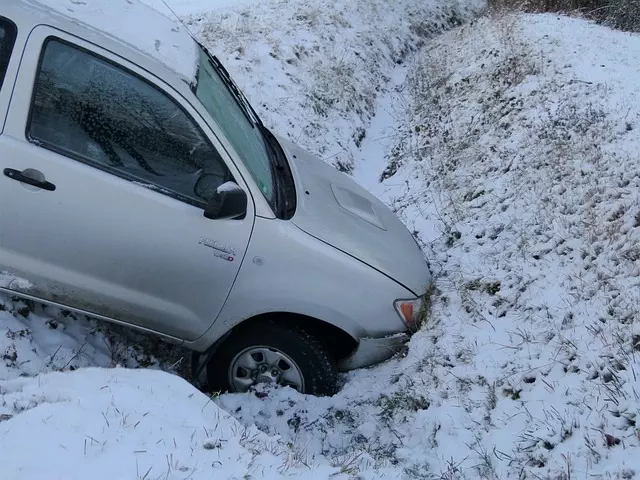Slip and fall accidents due to wet floors are common in New York City, especially in high-traffic areas. When these incidents involve commercial vehicles, establishing liability for Commercial Truck Accident Lawsuits is crucial. Property owners have a legal obligation to maintain safe premises by promptly addressing cleaning or leaks. Documenting incidents, gathering witness statements, and immediate reporting are key steps for successful legal claims under New York law. Prompt action can help avoid Commercial Truck Accident Lawsuits and ensure fair compensation for victims.
Are you a victim of a slip and fall accident on a wet floor in Queens? Understanding your rights is crucial. This article delves into the intricacies of commercial space accidents, focusing on wet floors. We explore common causes, legal responsibilities, evidence requirements, and unique considerations for truck accidents. Learn about building a case, navigating the legal process, and maximizing compensation. Discover how to take the first steps towards justice and financial recovery.
- Understanding Slip and Fall Cases on Wet Floors
- – Definition and common causes of slip and fall accidents in commercial spaces
- – Legal implications and rights of victims in New York, specifically Queens
- Who Is Liable for Wet Floor Hazards?
- – Responsibilities of property owners, managers, and businesses to maintain safe premises
- – Legal standards and regulations related to wet floor conditions
Understanding Slip and Fall Cases on Wet Floors

Slip and fall cases involving wet floors are a common concern in various settings, including commercial spaces and public areas. When a person slips and falls due to a wet or moist surface, they may be entitled to compensation for any resulting injuries. These incidents often occur in stores, malls, restaurants, office buildings, and even on sidewalks. In New York City, with its high foot traffic and diverse weather conditions, wet floor accidents can have significant legal implications, especially when commercial truck accidents or other vehicular incidents are involved.
In such cases, establishing liability is crucial. Property owners and managers have a duty of care to maintain safe premises, which includes ensuring that floors are properly dried after cleaning or water leaks. If this duty is breached and someone suffers an injury as a result, it may lead to Commercial Truck Accident Lawsuits or slip and fall claims. It’s essential to document the incident scene, gather witness statements, and promptly report the accident to relevant authorities for a successful legal pursuit.
– Definition and common causes of slip and fall accidents in commercial spaces

Slip and fall accidents in commercial spaces are a common legal concern, often leading to Commercial Truck Accident Lawsuits. These incidents can occur due to various reasons, with wet floors being a significant contributor. When businesses fail to maintain adequate safety measures, such as proper cleaning and warning signs, customers or visitors may slip and fall, resulting in injuries. Common causes include spilled liquids, poor lighting, uneven flooring, or inadequate drainage systems, which create moist remnants on the floor surfaces.
Business owners have a legal obligation to ensure their premises are safe for visitors. Negligence in maintaining a safe environment can lead to liability for any harm caused to customers or guests. Therefore, understanding slip and fall risks is crucial for both business owners and lawyers specializing in commercial spaces accidents to mitigate potential lawsuits.
– Legal implications and rights of victims in New York, specifically Queens

Victims of slip and fall accidents on wet floors in Queens, New York, have specific legal rights and protections. The state’s laws hold property owners and managers accountable for maintaining safe premises, including regular cleaning and proper signage to warn of potential hazards. If a person slips and falls due to a wet floor that was not adequately addressed, they may be entitled to compensation for medical bills, pain and suffering, lost wages, and more.
In cases involving commercial truck accidents or other incidents on someone else’s property, it’s crucial to understand your rights under New York law. A skilled lawyer can help navigate the legal landscape, ensuring that victims receive fair compensation. In Queens, where a diverse range of businesses and residential areas coexist, understanding these legal implications is essential for anyone who has experienced such an accident.
Who Is Liable for Wet Floor Hazards?

In Queens, as in many areas, property owners and managers have a legal obligation to maintain safe premises. When a slip and fall occurs on a wet floor, determining liability involves understanding who is responsible for the condition of the property.
If the wet floor was caused by a leaking pipe or a spill from a cleaning product, the property owner or manager may be held liable. Commercial Truck Accident Lawsuits are not typically relevant in such cases, as they usually refer to legal actions involving commercial vehicles and their operators. However, if the hazard was created by third parties, like a delivery truck or a visitor who left a spill, determining liability can become more complex. In these scenarios, negligence laws come into play, requiring proof that the property owner or manager had knowledge of the hazard and failed to take reasonable steps to address it.
– Responsibilities of property owners, managers, and businesses to maintain safe premises

Property owners, managers, and businesses have a legal obligation to maintain safe premises for visitors and customers. This responsibility extends to ensuring that floors are free from hazardous conditions, such as moisture or spills, which could cause someone to slip and fall. Failure to address these issues promptly can result in serious injuries and legal liabilities, particularly in the context of Commercial Truck Accident Lawsuits.
Regular cleaning and inspection protocols are essential to identifying and rectifying potential hazards. Signage warning of wet floors is also a proactive measure that can help prevent accidents. In New York, especially in bustling areas like Queens, property owners must adhere to these standards to avoid legal repercussions in the event of a slip and fall incident.
– Legal standards and regulations related to wet floor conditions

In New York, including Queens, businesses and property owners have a legal obligation to maintain their premises in a safe condition. This includes addressing wet floor conditions promptly to prevent slip and fall accidents. According to state law, commercial property owners must take reasonable steps to ensure the safety of visitors by cleaning up spills, using caution signs, and implementing other preventive measures. Failure to do so can result in significant liability for Commercial Truck Accident Lawsuits stemming from slip and fall incidents.
The specific legal standards and regulations vary depending on circumstances. For instance, the presence of a “slippery” condition may trigger additional duties, such as applying anti-slip materials or altering lighting to warn patrons. Furthermore, the New York City Department of Health and Mental Hygiene provides guidelines for maintaining safe floors in commercial settings, which property owners are expected to follow. Adherence to these regulations is crucial in defending against personal injury claims related to wet floor accidents.
If you’ve slipped and fallen on a wet floor in Queens, understanding your legal rights is crucial. Property owners and businesses have a duty to maintain safe premises, and failure to do so can result in liability for injuries caused by hazardous conditions like slippery floors. By familiarizing yourself with the legal standards and regulations in New York, you can take proactive steps to protect your rights if you’ve been affected by such an accident. Remember that seeking legal counsel from a specialist in slip and fall cases is always advisable to ensure you receive fair compensation for your injuries and medical expenses.
